These Are the Faces of Resilience: El Salvador Photo Report
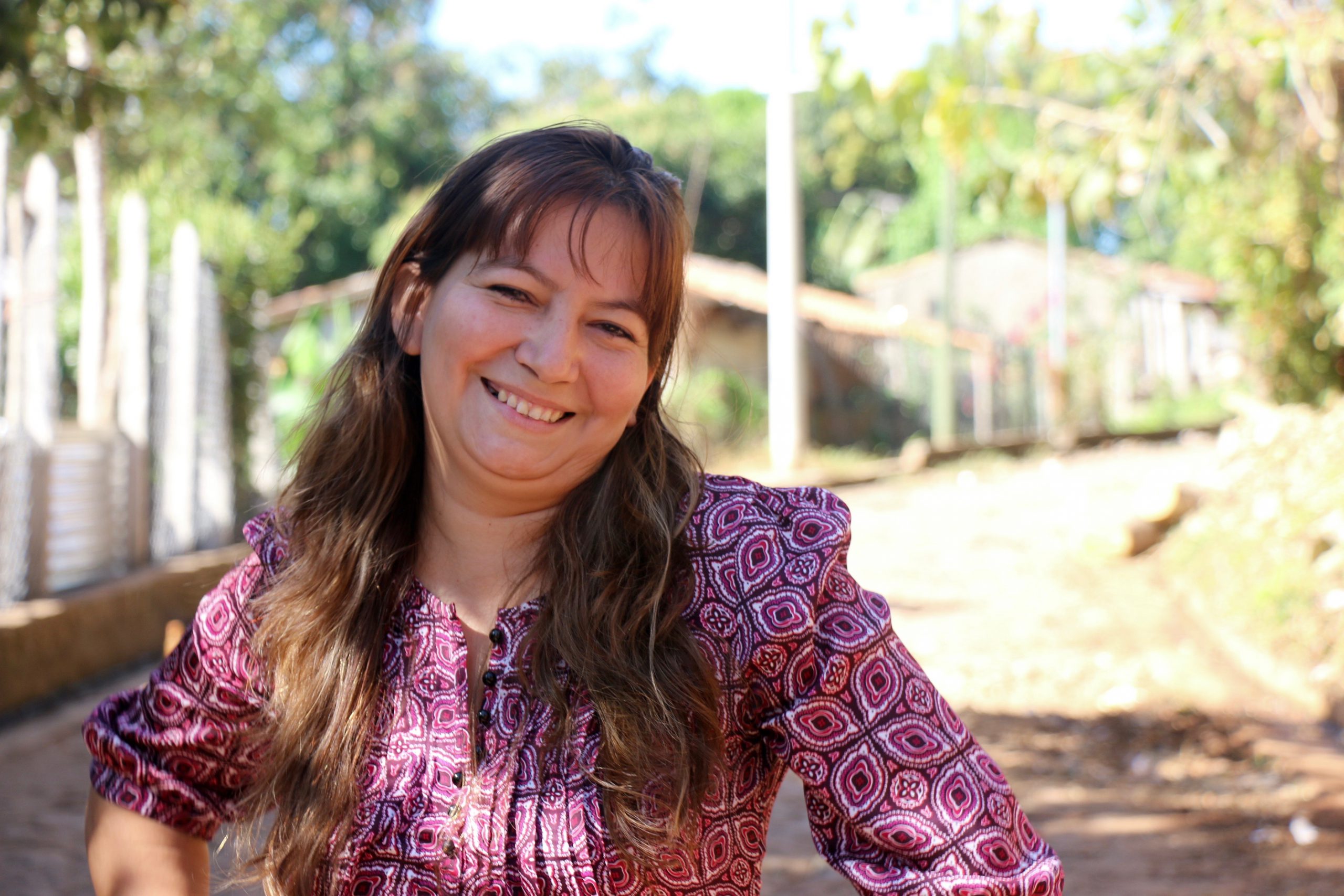
Voluntary service is one the fundamental principles of the Red Cross. Our work depends on the initiative and excellent service of Red Cross volunteers who support our programs and actions. That is why we would like you to meet the volunteers and community leaders behind the RITA (Resilience in the Americas) program in El Salvador.
A small country in Central America, El Salvador faces constant risk of disaster, including earthquakes, volcano eruptions, and flooding among other factors. The vulnerability of communities is further heightened by exposure to situations of violence and insecurity. RITA works to promote better community organization and cohesion, and implements projects in water and sanitation, disaster risk reduction and strengthening economic opportunities.
The Red Cross has a close relationship with local community leaders. In turn, they facilitate work with community members, spread key messages, and organize themselves to become more resilient. At the same time, Red Cross volunteers work directly in the communities, provide training and support, and participate as responders in case of emergencies.

Brenda, Community Leader, Montecitos
“My community has been very happy, we have learnt a lot. Montecitos is at the foot of a hill and we are always wary of it, in case of a landslide during the rainy season. But we are ready to act at any moment, with what we have learnt in Red Cross trainings on first aid, early warning systems, how to build shelters…We are prepared for any situation.”
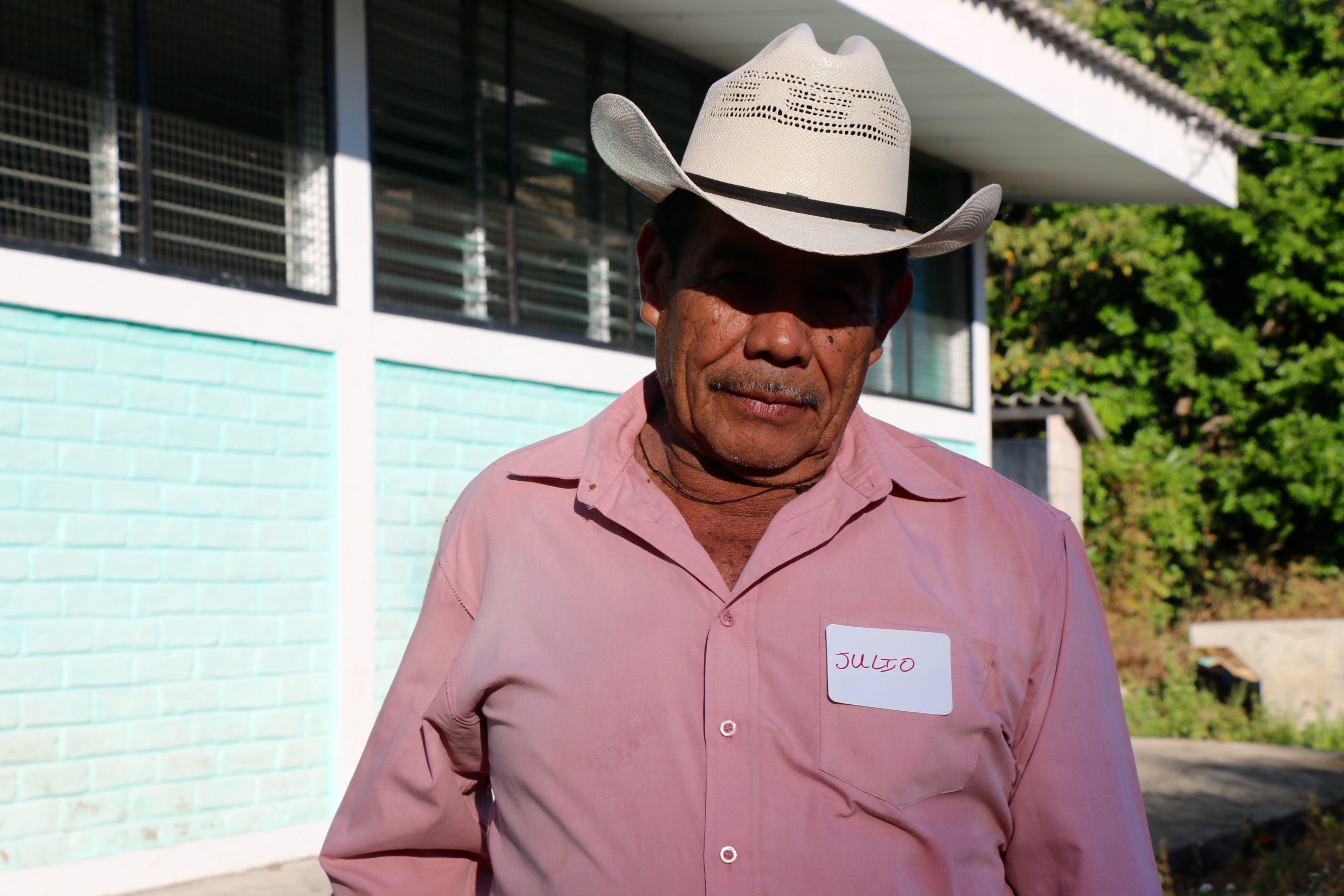
Don Julio, Community Leader, Fátima
“I was in an accident in 2014, the car flipped over, there were at least 25 of us from the community. I could still see, so I saw people coming down from the community to help those who were hurt. The knowledge they had because of the first aid workshop really helped us. And not just that… For example, if there is a landslide, we have an alarm that the Red Cross installed, so we can alert the whole community that something is happening.”
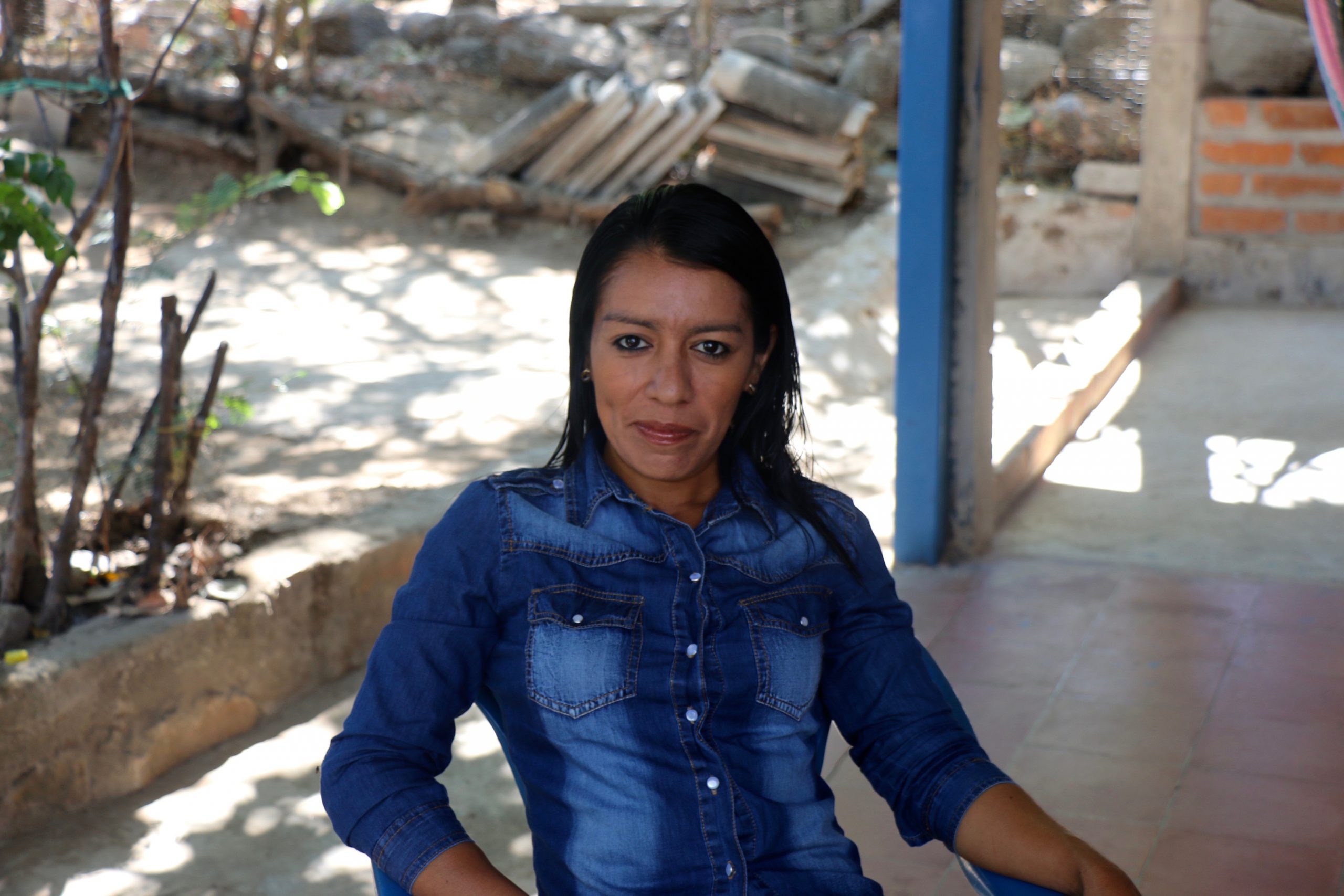
Reina, Community Leader, Vado Lagarto
“We have the river, which on the one hand brings us advantages, we are a fishing community, but on the other hand it can be a disadvantage. During the winter, when it rains a lot, the river overflows. This worries us, because some houses get flooded, so we need to be prepared for this type of emergencies.”
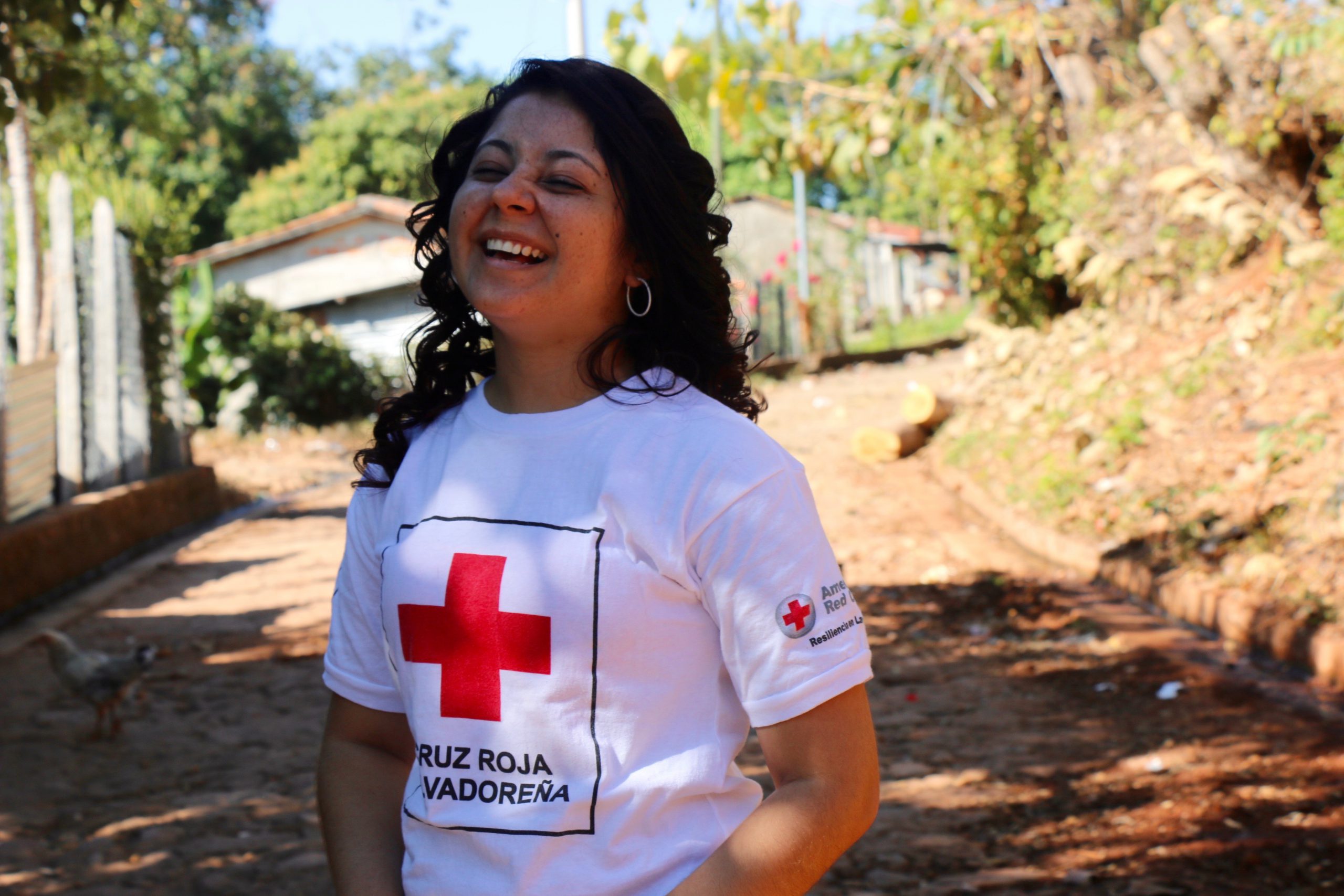
Kimberly, Red Cross Volunteer
“I feel that we have built real relationships with the communities and see the impact we have through the Red Cross. For example, sometimes when we arrive, the people are waiting for us with snacks, and that makes us really happy, since we can see how we are closer to these communities.”
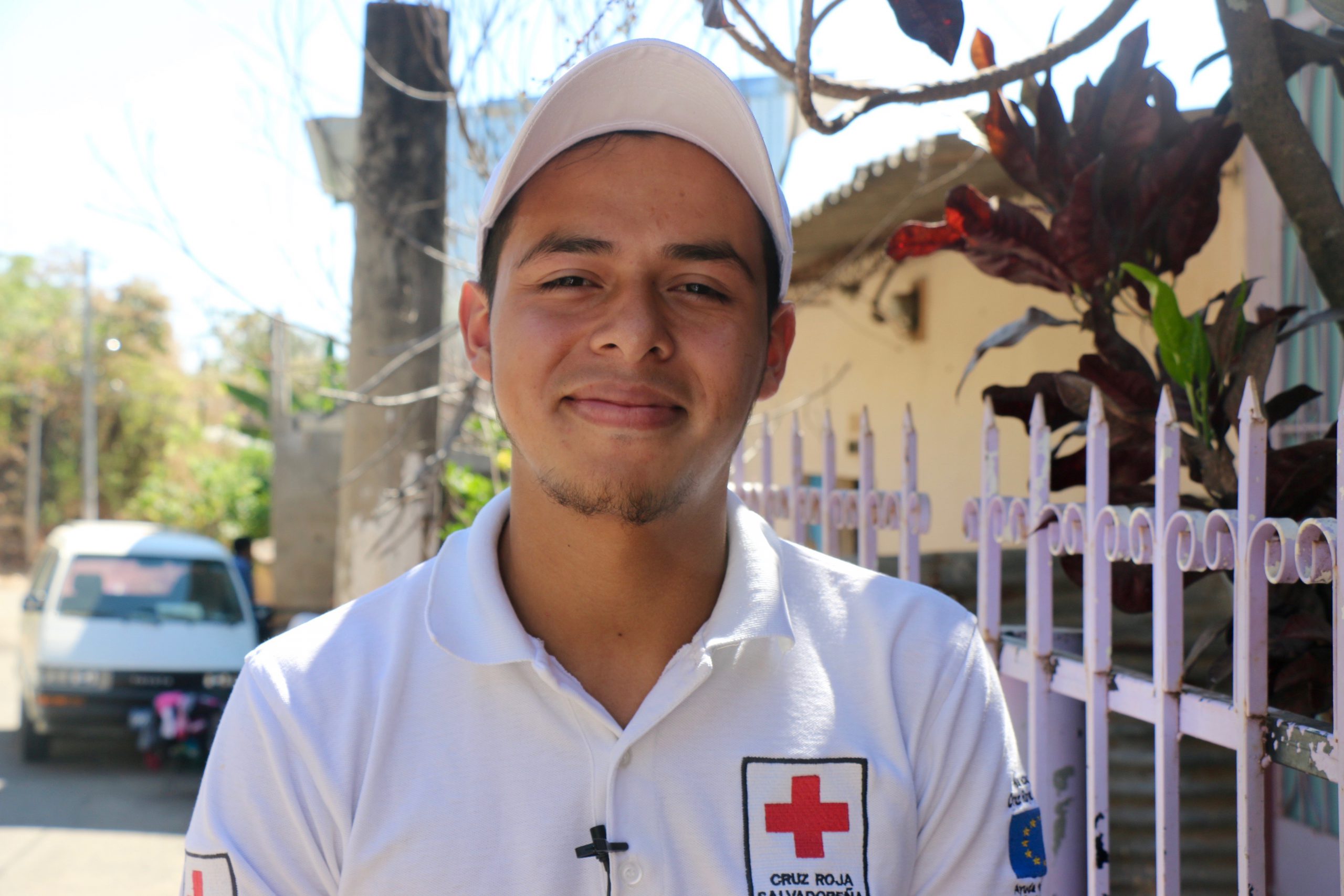
Cesar, Red Cross volunteer
“Something that motivated me to volunteer with the Red Cross, is the gift of helping others without getting anything for it. I am from a simple family and I do everything without expecting a thank you. What motivates me is seeing the people´s satisfaction when we help them, and seeing the happiness on their faces. I also love the companionship we build among the Red Cross volunteers, it´s like our second home.”
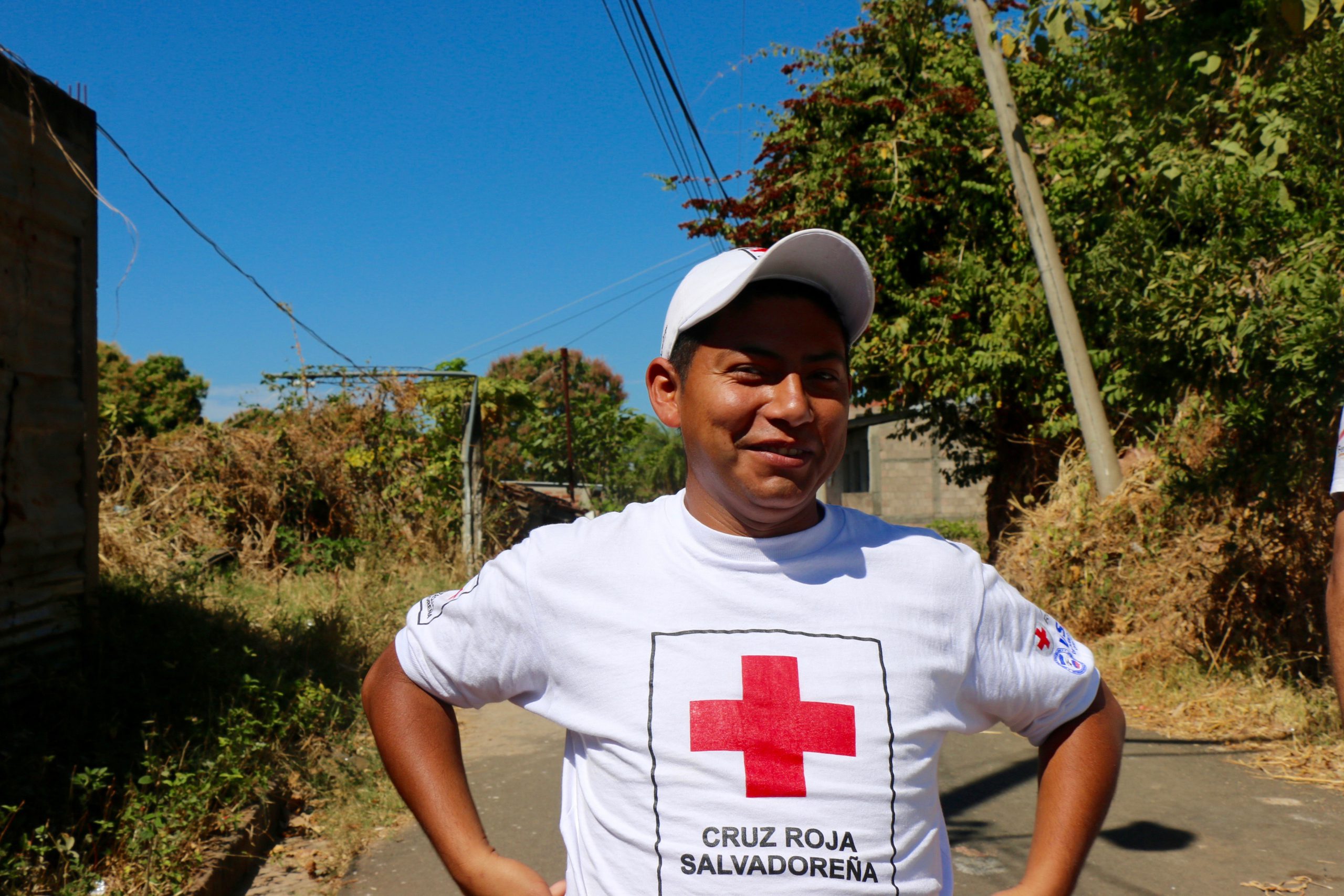
Luis, Red Cross Volunteer
“When I first started out with the Project, I felt like I didn´t know much. But then I took a number of Red Cross workshops, and I liked them a lot, because I learned a lot about a variety of topics. It has been a really nice experience, because at first it seems that it will be difficult to achieve anything, but if you follow all of the right steps, we get results.”
